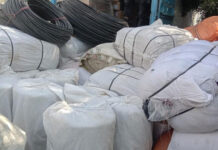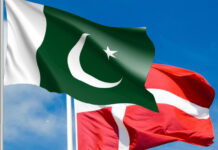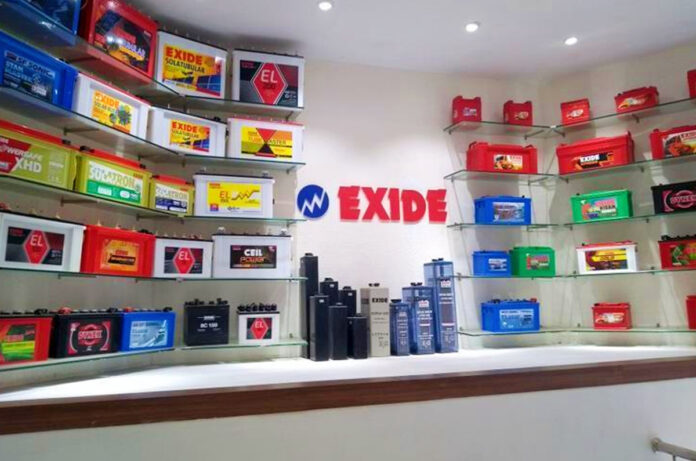Exide Pakistan Limited (PSX: EXIDE) has posted a disappointing set of full‑year numbers for the 12 months ended 31 March 2025, underscoring how bruising price wars in the battery market are eroding both its top line and profitability.
Net sales slid 7% year‑on‑year to Rs23.9 billion, reversing the modest growth achieved in the previous two years. The pain was even more acute in the fourth quarter, where revenue tumbled 22% to Rs5.23 bn as Exide was forced to trim selling prices to match new, largely unlisted rivals.
The price cuts, coupled with volatile raw‑material costs, squeezed gross profit by 20% to Rs3.87 bn for the year, pushing the gross margin down from 19% to 16%. The margin compression was starker in 4Q, falling to just 12%, its lowest point in five years.
Operating profit shrank 41% to Rs1.89 bn, while profit after tax plummeted 51% to Rs614 million, leaving a wafer‑thin net margin of 3% versus 5% last year. Earnings per share halved to Rs79.09, although the board maintained a dividend of Rs10 per share, signalling some confidence in cash flows.
A glance at the cost structure explains the pressure. Lead, which makes up roughly 65% of a conventional lead‑acid battery’s bill of materials, is sourced locally but benchmarked to London Metal Exchange prices. Domestic refiners raised quotes during FY25 to offset rupee depreciation and higher energy tariffs, narrowing Exide’s scope to defend margins through cost savings. The company has historically imported lead when domestic prices spike, yet seaport congestion and elevated freight costs meant that option offered scant relief this year. The content in this publication is expensive to produce. But unlike other journalistic outfits, business publications have to cover the very organizations that directly give them advertisements. Hence, this large source of revenue, which is the lifeblood of other media houses, is severely compromised on account of Profit’s no-compromise policy when it comes to our reporting. No wonder, Profit has lost multiple ad deals, worth tens of millions of rupees, due to stories that held big businesses to account. Hence, for our work to continue unfettered, it must be supported by discerning readers who know the value of quality business journalism, not just for the economy but for the society as a whole.To read the full article, subscribe and support independent business journalism in Pakistan

























